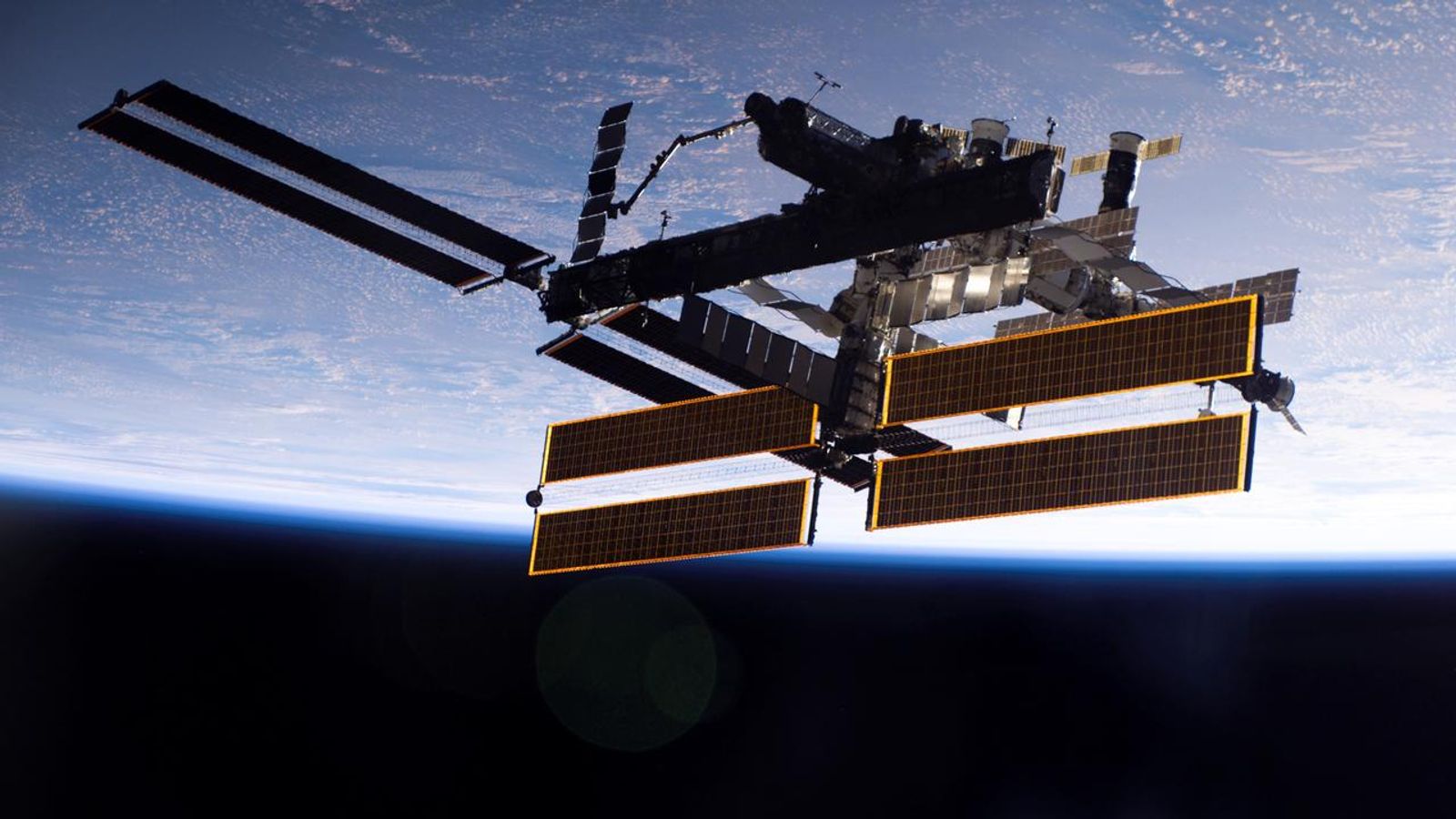NASA has granted SpaceX the contract to deorbit the International Space Station (ISS) by 2030, marking a significant shift towards commercially owned space destinations.
SpaceX will develop a vehicle to tow the ISS through the atmosphere, where it will destructively break up and crash into the ocean. This mission, valued at $843 million (£666.4 million), underscores NASA’s commitment to transitioning to privately operated space habitats closer to Earth.
Since its launch in 1998, the ISS has been a beacon of international collaboration, hosting astronauts from the US, Russia, Japan, Europe, and Canada. With over 3,300 scientific experiments conducted, the space station has significantly advanced our understanding of space and science. However, the agreements to jointly operate the ISS are set to expire by 2030, necessitating its deorbiting and safe disposal.
Ken Bowersox, NASA’s Associate Administrator for the Space Operations Mission Directorate, praised the ISS, stating, “The orbital laboratory remains a blueprint for science, exploration, and partnerships in space for the benefit of all.”
The SpaceX-developed deorbit vehicle will be transferred to NASA upon completion and managed by the agency for the duration of its mission.
This operation will ensure that the ISS and the accompanying SpaceX vehicle will safely crash into the ocean, far from populated areas.
As the ISS’s era concludes, the future of low-Earth orbit remains promising. Private companies, including SpaceX, Axiom, Blue Origin, and Vast, are developing commercial space stations, with some poised to launch as early as next year.



